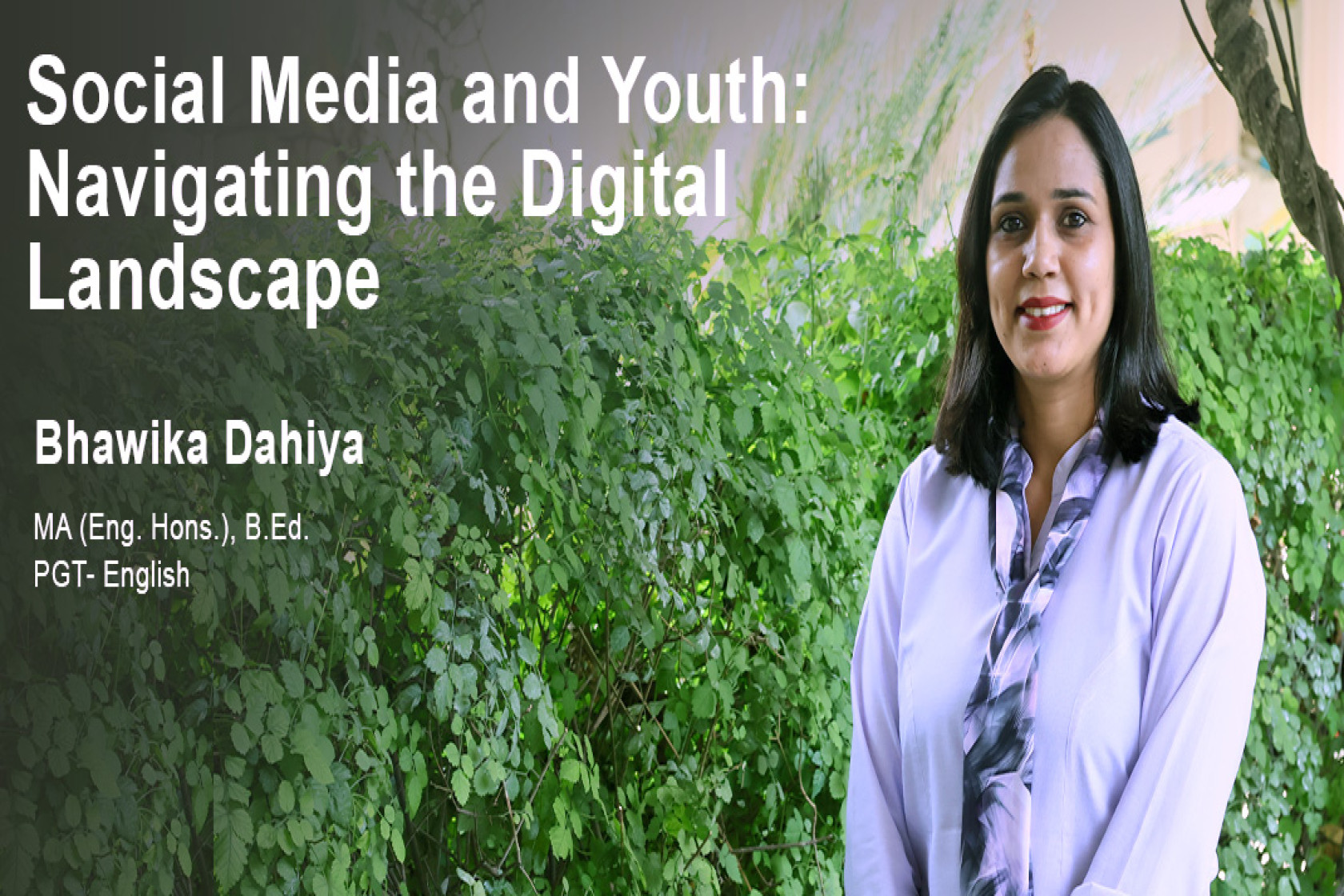In today’s digital age, social media has become an integral part of the lives of young people. It’s a platform where they connect, communicate, and express themselves. However, this digital realm comes with its own set of challenges and opportunities, shaping the way youth interact with the world. In this article, we will explore the impact of social media on youth, highlighting both its positive and negative aspects.
One of the most significant benefits of social media for youth is its ability to connect them with peers and cultures worldwide. Platforms like Facebook, Instagram, and Twitter enable young people to interact with individuals from diverse backgrounds, fostering global perspectives and cross-cultural friendships. This global connectivity has the potential to broaden horizons and promote understanding.
Social media serves as a powerful tool for young people to express their opinions and advocate for change. Movements like #BlackLivesMatter, #ClimateStrike, and #MeToo have gained momentum through social media, allowing youth to raise their voices on critical issues. The ability to create online communities and mobilize support has empowered young activists to drive social and political change.
However, the constant presence of social media can also take a toll on the mental health of young individuals. The pressure to present a curated, idealized version of their lives can lead to feelings of inadequacy and anxiety. Cyberbullying is another concerning issue, with hurtful comments and harassment causing emotional distress. It’s crucial for both parents and educators to address these concerns and educate youth on responsible social media usage.
Teaching digital literacy is paramount in empowering youth to navigate the online world safely. They must learn to discern credible sources from misinformation, identify online threats, and protect their privacy. Schools and parents should collaborate to provide the necessary guidance and resources to help young people become responsible digital citizens.
Influencers and celebrities on social media can have a profound impact on youth. It’s essential for young people to follow positive role models who promote values like kindness, empathy, and inclusivity. Parents and educators should facilitate discussions about the content their children consume and the values it promotes.
Youth need to be aware of the importance of privacy settings on social media platforms. Sharing personal information recklessly can lead to unwanted consequences, including identity theft and cyberbullying. Educating youth about privacy and encouraging them to regularly review their online profiles is crucial.
Social media and youth are intricately connected in today’s digital age. While it offers unprecedented opportunities for global connectivity, self-expression, and advocacy, it also poses challenges related to mental health, privacy, and responsible usage. To harness the positive aspects and mitigate the negative impacts, it is essential for parents, educators, and young people themselves to engage in open and ongoing conversations about social media. By fostering digital literacy, responsible usage, and critical thinking, we can empower the youth to navigate the digital landscape with confidence and resilience.


